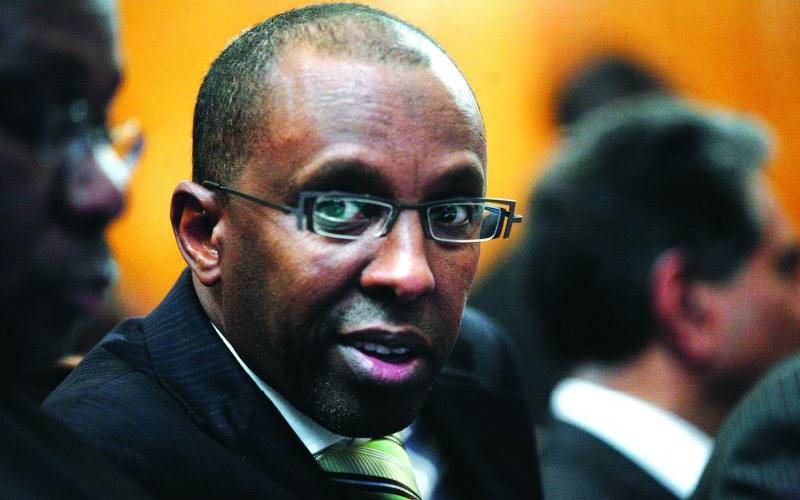×
The Standard e-Paper
Stay Informed, Even Offline

A social media campaign blitz by four prominent personalities from NEP burst the myth that middle-class Kenya is in deep slumber and won’t do, and can’t do anything unless, of course, it will deny them their weekend rendezvous of a good time with family, booze, women and cars.